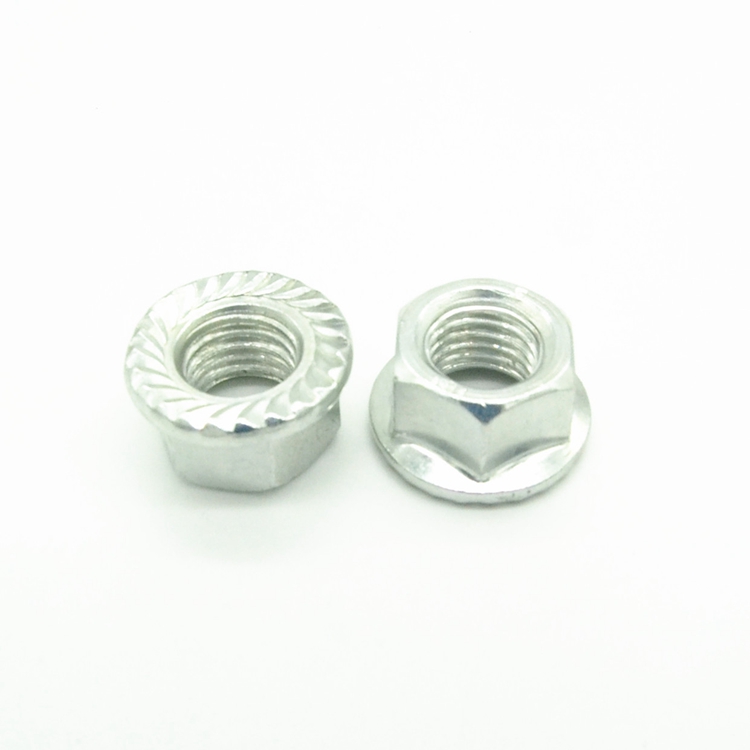neoprene washer screws
Sep . 14, 2024 10:28 Back to list
neoprene washer screws
Understanding Neoprene Washer Screws Benefits and Applications
In the world of fastening solutions, neoprene washer screws have emerged as an essential component, especially in applications where moisture and vibration resistance are critical. Combining the benefits of neoprene washers with the robust nature of screws creates a fastening solution that's both durable and reliable. This article delves into what neoprene washer screws are, their advantages, and common applications.
What Are Neoprene Washer Screws?
Neoprene washer screws consist of a screw paired with a neoprene washer. The neoprene washer, made from a synthetic rubber material, serves as a gasket that provides a seal around the screw head when installed. This unique combination enhances the screw’s functionality, particularly in environments prone to exposure to water or varying temperatures.
Benefits of Neoprene Washer Screws
1. Moisture Resistance One of the most significant advantages of neoprene washer screws is their ability to create a waterproof seal. This property makes them ideal for outdoor use or in environments where moisture exposure is frequent, such as marine applications or plumbing systems.
2. Vibration Absorption The rubber-like properties of neoprene offer excellent vibration-dampening capabilities. This makes neoprene washer screws suitable for use in machinery and automotive applications, where vibrations can lead to loosening and eventual failure of standard screws.
3. Corrosion Resistance Neoprene is inherently resistant to many chemicals and environmental factors, including ozone and UV light. As a result, neoprene washer screws can maintain their integrity even when subjected to harsh conditions, reducing the risk of rust and corrosion.
4. Ease of Installation The design of neoprene washer screws allows them to be installed easily without needing additional sealing materials. The integrated washer simplifies the assembly process, saving time and reducing the number of components required.
neoprene washer screws

Common Applications
Neoprene washer screws are widely used across various industries due to their robustness and reliability. Here are some typical applications
- Construction In building and construction projects, especially for roofs and siding, neoprene washer screws provide the necessary seal against rainwater.
- Automotive In vehicles, these screws are used in components exposed to vibrations and moisture, such as engine components and body panels.
- Marine Boats and marine vehicles often require fastening solutions that withstand a harsh aquatic environment, making neoprene washer screws essential for securing equipment and structural elements.
- HVAC Systems In heating, ventilation, and air conditioning systems, these screws are utilized to prevent air leaks and ensure that components are firmly held in place against vibrations.
Conclusion
Neoprene washer screws represent a versatile fastening solution that excels in environments where moisture, vibration, and chemical resistance are paramount. With their ability to provide a reliable seal and reduce the risk of corrosion, they have become a staple in various industries, from construction to automotive and marine applications. Understanding their benefits and uses can help engineers and contractors make informed decisions when selecting the right fastening solutions for their projects. In an age where durability and reliability are critical, neoprene washer screws are undoubtedly a worthy investment.
Latest news
-
Premium Phosphated Drywall Screws Supplier | Durable, Rust-Resistant
NewsAug.27,2025
-
Reliable Wire Bolts Suppliers | Quality Zinc Plated Fasteners
NewsAug.26,2025
-
Wire Bolts Suppliers: Durable & Reliable Fasteners for Every Project
NewsAug.25,2025
-
Premium Cabinet Bolts Supplier | Wholesale & Custom Solutions
NewsAug.24,2025
-
Reliable Axle Nuts Supplier | Quality & Precision Fasteners
NewsAug.23,2025
-
Durable Bolts for Lawn Mower Handle - Top Supplier & Manufacturer
NewsAug.22,2025
